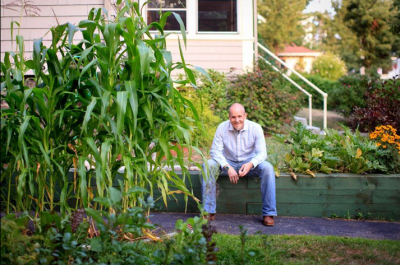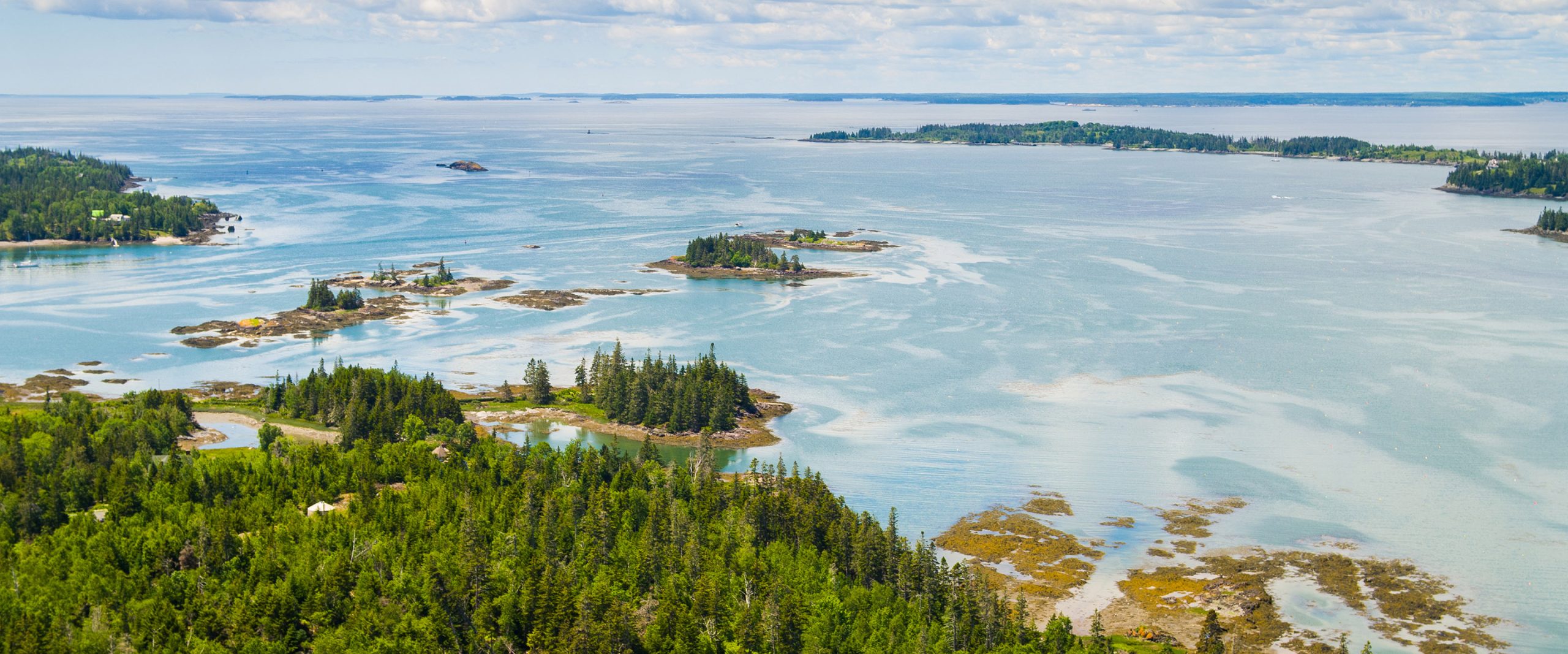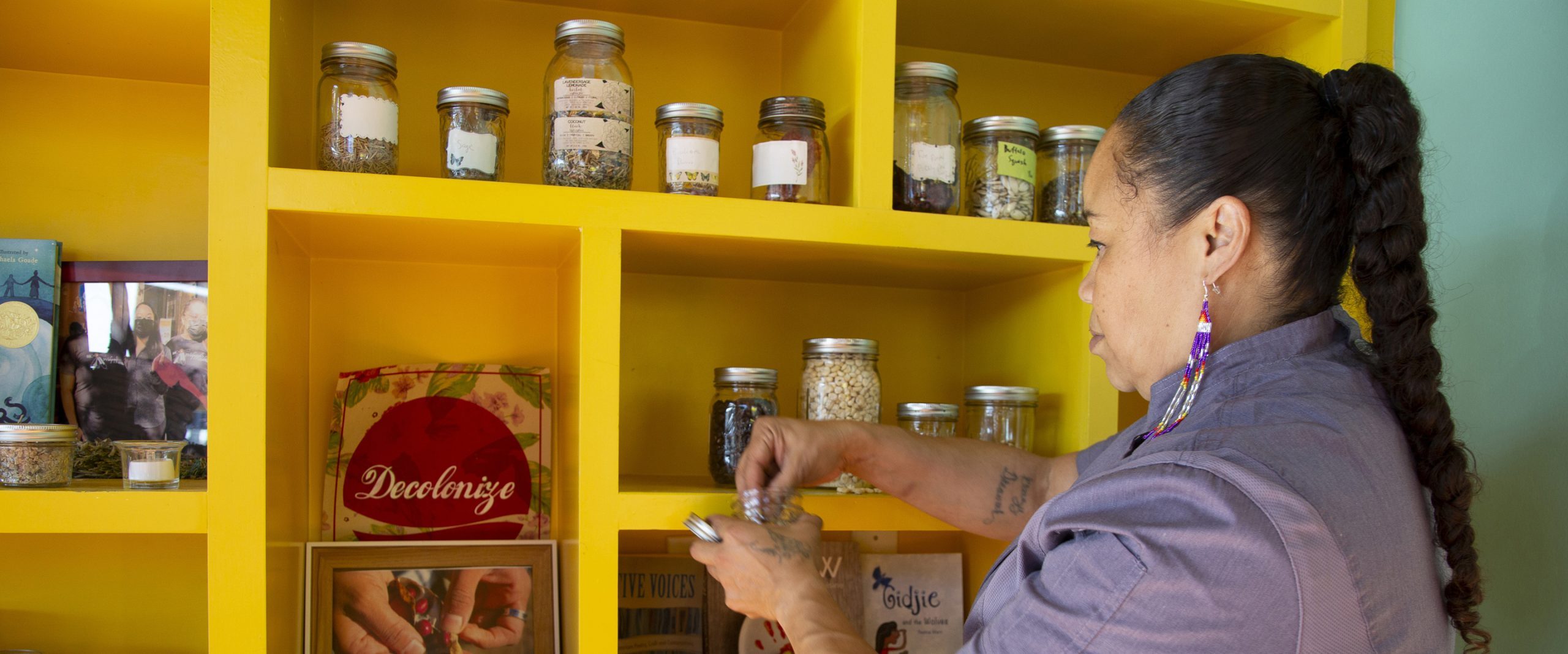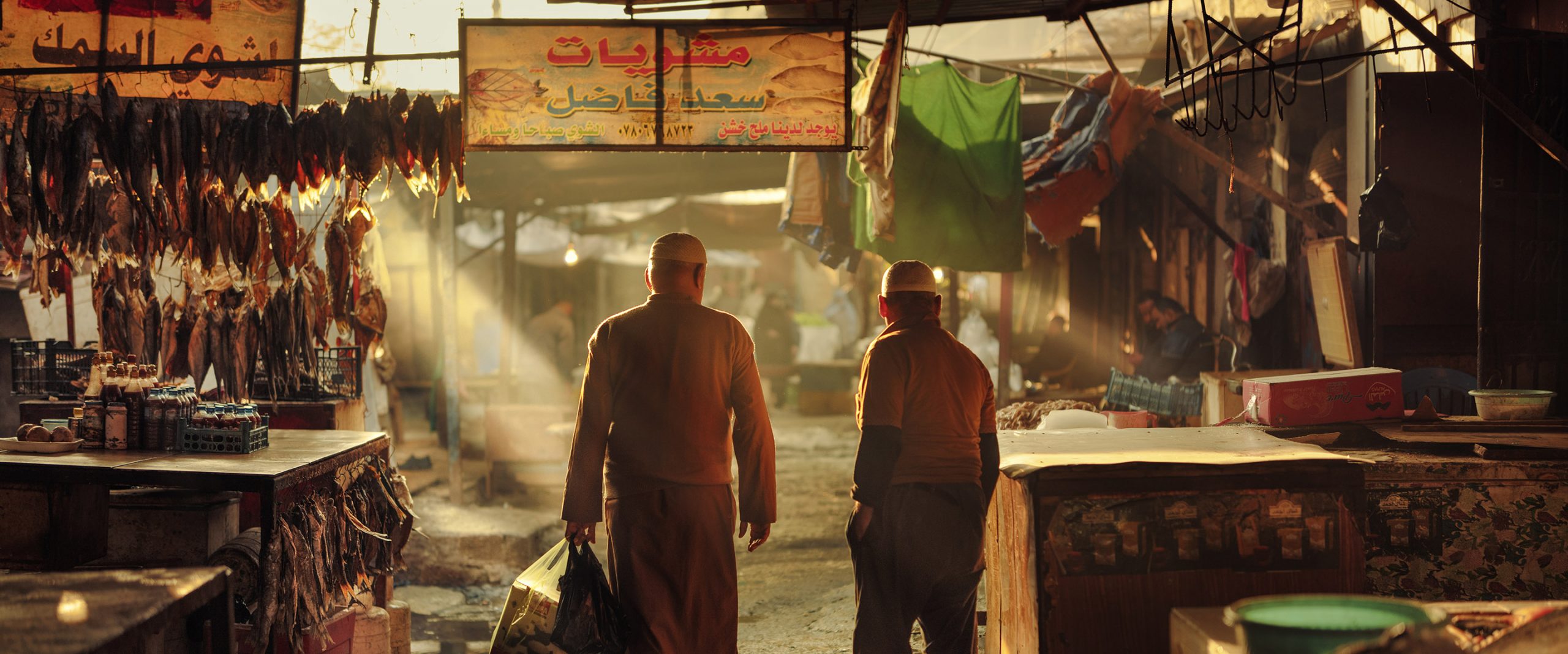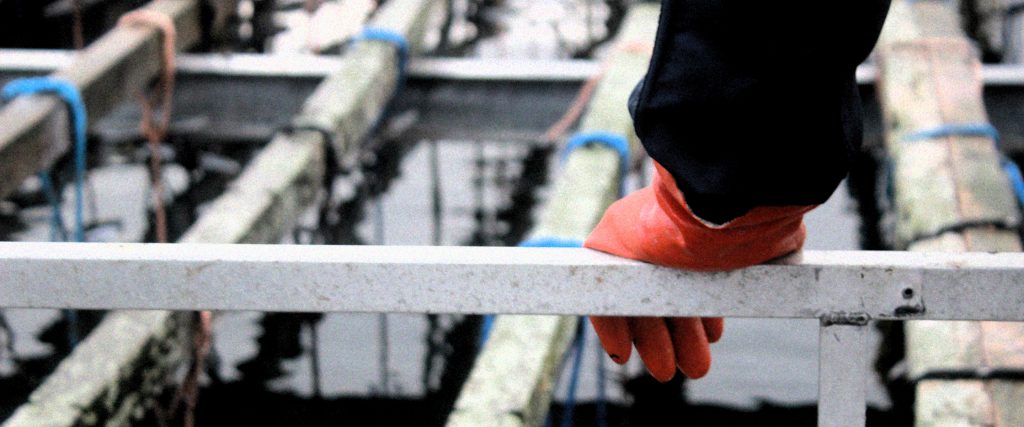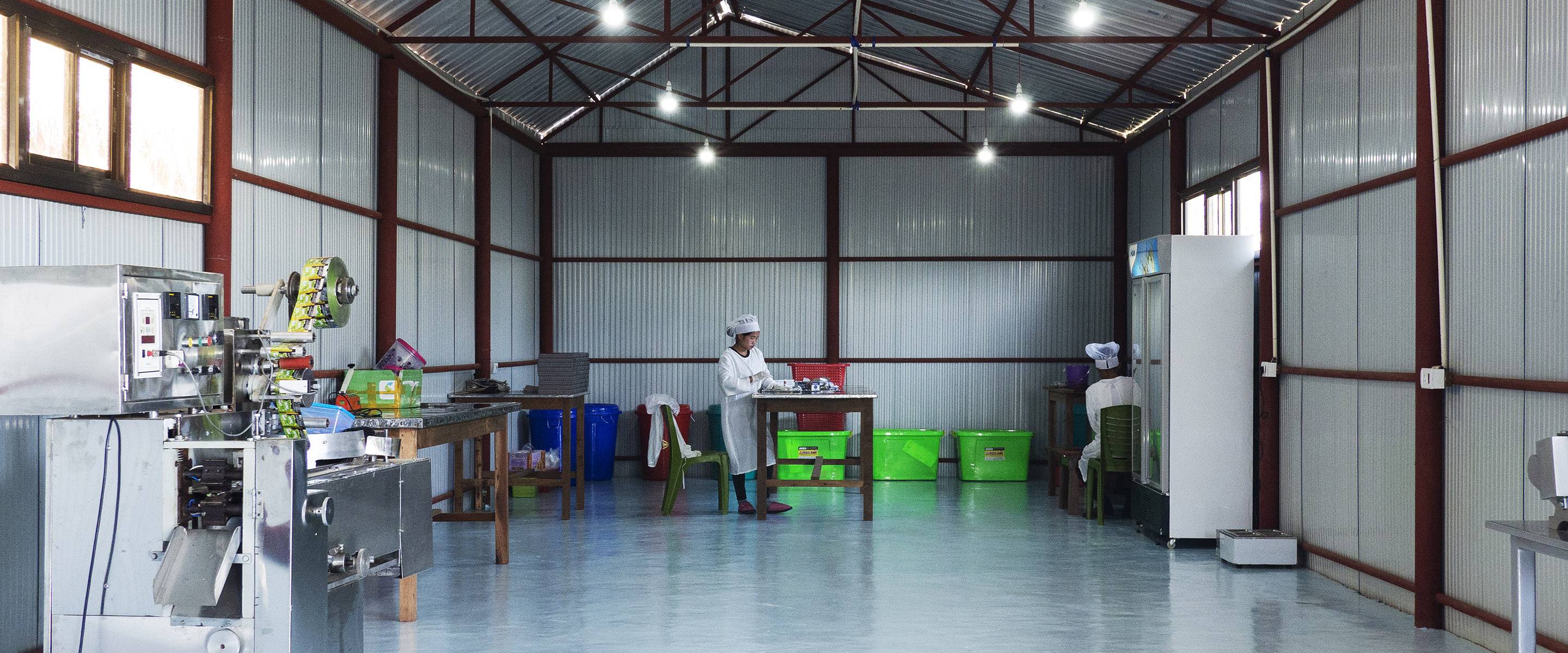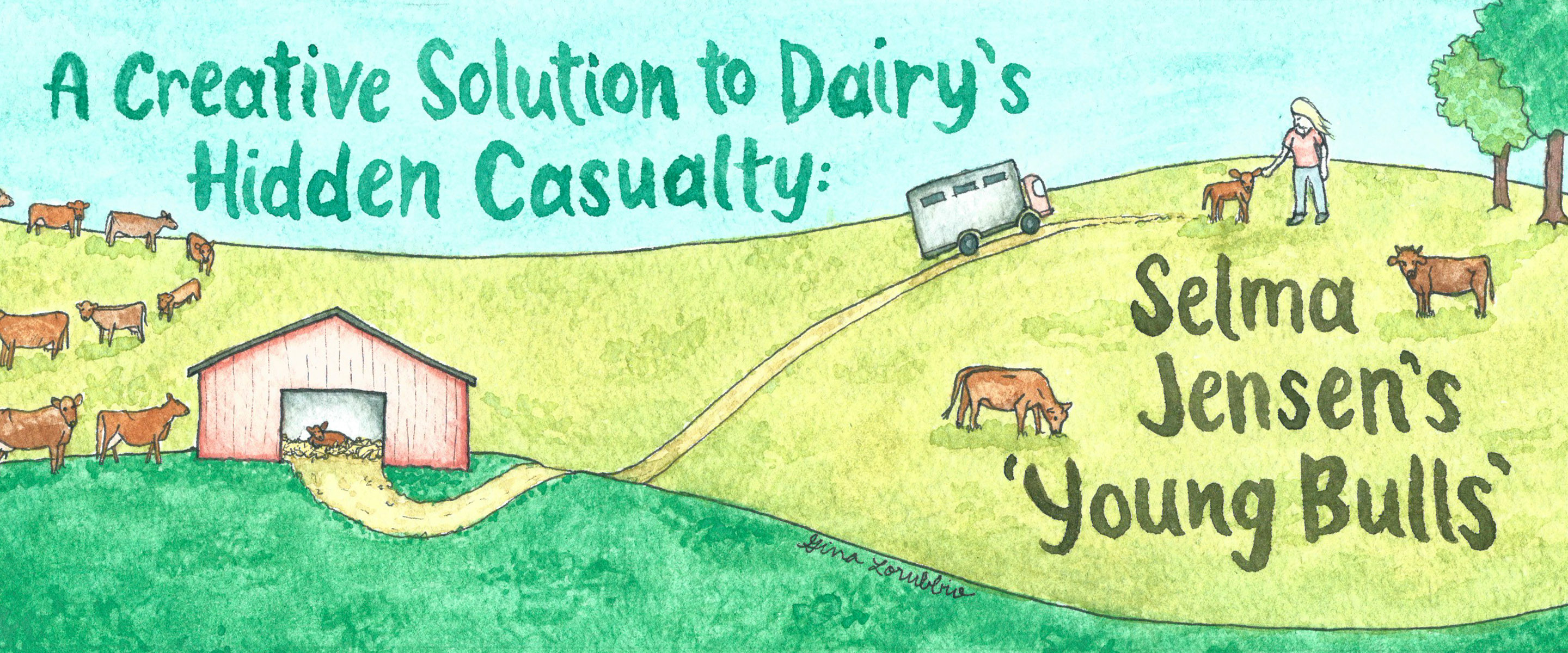Look at the legion of folks working in food today and you'll find quite a few adult students getting schooled on how to turn their passion into a career. Because of the high cost of continuing education, and the fact that one still has to make a living - as an individual and maybe as a family - until the tests are passed, programs that offer a lot of learning in a short amount of time are often the best solution. Erik is a great example of someone who is making the most of his year-long studies, by using his talents as a photographer to document the accumulation of new talents in farming.
For a list of more resources for furthering your mind (and body), check out our education page.
When did you know that you wanted to work in food?
Up until my current career track as an aspiring farmer, I was a photojournalist. My initial food awakening came on a cushy assignment in Tuscany. I was working for a luxury bike tour company documenting one of their 'Guest Chef Adventures' with my wife and an Italian chef. Every aspect of the trip was focused on food - how is it grown, how it is prepared, what makes it good. One night in particular, we were eating on an outside terrace of a Chateaux called Il Falconiere. The meal was unlike anything I ever had - eight courses which lasted over three hours. The chef we were traveling with deconstructed each aspect of the meal and under those Tuscan stars, the simple act of eating suddenly became a new experience.
But the 'aha' moment, when I finally committed to getting into the food game professionally, came courtesy of farmer/philosopher Wendell Berry. After Tuscany, my wife and I continued to build on our Good Food experience. We started growing as much of our own food as possible, we cooked all the time and we loved nothing more than building community around our dining room table. But it was Mr. Berry who finally connected food and its ethical production to the sustainability and enjoyment of life on this planet. Specifically, it is his collection of essays: "The Art of the Commonplace" that I blame for turning my world upside down.
How did you get your current good food job?
Again, thanks to my previous life as a photographer, I became good friends with David Wax and Suz Slezak, members of the band, the David Wax Museum. After producing a music video for them and shooting some of their promotional material, they invited my wife and I to a benefit concert they were playing for The Farm School, knowing our level of interest in food and growing. I had never heard of the program before but it turned out to be a celebration of everything that we hold dear. At the time, the idea of taking a year of our lives to learn how to farm seemed like a fantasy. But in 7 months I had applied to the program and now, a year and a half later, I'm here.
How did your previous work or life experience prepare you for a good food job?
In every way. My photography connections led me directly here. But my journalistic experience continues to be an important part of my experience. I keep a website called the Plough and Stars Project which is the real-time story of this transition. It is a way for me to communicate, with words and pictures, all that I find worthy and beautiful in this pursuit. But it also helps me to process everything that I'm learning and feeling. Those tools came directly from my life working for newspapers and magazines.
What was the greatest obstacle you had to overcome in pursuing your Good Food Job dream?
Our main obstacle is the one that everyone faces when they decide to swim a bit upstream - the practical and financial limitations of real life. Outside of the bucolic dreamscape where these plans were hatched, the reality is that I now only see my wife on weekends, I sleep very little, and financially this is a real struggle, and will probably continue to be. And yes, all of the intoxifying excitement of inspiration often leaves me with epic hangovers of second-guessing.
But we haven't truly considered calling it quits. As hard as it has been at times, my wife and I both know that if we went back on everything now, the what-if's of what might have been would be harder to live with. Every time I hear (and often realize I'm not hearing) terrifying reports on the health of
our planet, the only thing that keeps me from despairing is the course that we're on now.
What can you identify as the greatest opportunities in food right now?
I am fairly new to this game so I can't speak with much authority here. But in my limited experience, I see the interest in sustainably-raised, local food only getting bigger. I think people are finally coming around to the reality that the way industrial agriculture has been treating our planet is pretty lousy. As that awareness continues to set in, the idealist in me believes it will translate into more and more people spending their food dollars responsibly. But on a practical level, I also see transportation costs continuing to go up and up. The cost to ship food over long distances will become an increasing competitive disadvantage. I can see a time when the small guys, like me, will be able to compete with the big guys on cost, not just quality.
If you could be compensated for your work with something other than money, what would it be?
Land. As a farmer, I think about it daily. Access to land is a huge point of uncertainty for us. The learning is coming along quickly, but finding a home for our intentions will be our biggest struggle.
In the event land isn't possible, I'd probably also accept a heaping portion of butternut squash, sage and goat cheese ravioli with a hazelnut brown-butter sauce.









